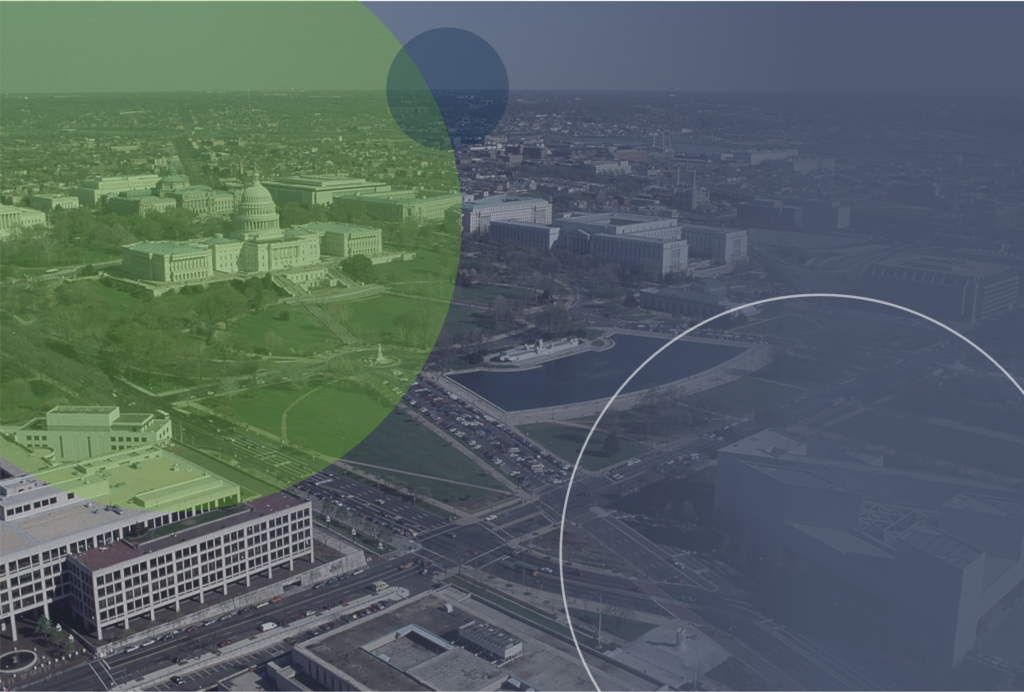On March 3, 2025, U.S. Health and Human Services (HHS) Secretary Robert F. Kennedy Jr. rescinded the 54-year-old “Richardson Waiver,” a policy that mandated public comment periods for certain departmental rulemakings beyond what is required by the 1946 Administrative Procedure Act (APA). This decision is aimed at streamlining departmental operations but could impede HHS’ ability to operate transparently and consider stakeholder perspectives. The decision to rescind the Richardson Waiver will significantly impact hospitals and health systems in several ways:
- Reduced Public Input on Key Regulations
- Previously, hospitals, health systems, and other stakeholders had additional opportunities to provide feedback on policies affecting areas such as Medicare reimbursement, Medicaid funding, and research grants.
- Without these extended public comment periods, HHS can implement regulatory changes more quickly, potentially limiting hospitals’ ability to advocate for adjustments or oppose harmful policies.
- Faster Rulemaking with Less Transparency
- This move allows HHS agencies like CMS and NIH to make decisions without the same level of public scrutiny.
- Hospitals may experience unexpected policy shifts, such as changes to value-based care models, 340B drug pricing, and quality reporting requirements, with little notice or opportunity to challenge them.
- Implications for Medicare & Medicaid Programs
- Since CMS oversees Medicare and Medicaid, regulatory changes affecting reimbursement models, payment structures, and eligibility criteria could be finalized without stakeholder feedback.
- For hospitals relying on government funding, this increases uncertainty and financial risk—especially regarding Medicaid waivers, telehealth policies, and alternative payment models.
- Impact on Research and Innovation
- The NIH and other health agencies under HHS could alter grant funding priorities without public input, affecting hospitals and academic medical centers that rely on federal research dollars.
- Hospitals engaged in clinical trials or public health initiatives may have fewer chances to advocate for funding or policy adjustments.
- Legal and Compliance Challenges
- Hospitals must closely monitor regulatory changes and adapt policies swiftly since they may no longer have the ability to shape new rules before they take effect.
- This increases the burden on compliance and legal teams, requiring them to be more proactive in anticipating federal policy shifts.
How Should Hospitals Communicate and Advance Their Position?
- Engage directly with legislators: Without the public comment period, advocacy efforts should shift to direct lobbying and engagement with Congress and state policymakers.
- Monitor regulatory changes closely: Work with legal teams, hospital associations, and policy experts to track HHS rule changes and their implications.
- Leverage industry coalitions: Organizations like the AHA (American Hospital Association) and state hospital associations will play a bigger role in challenging unfavorable policies through legal or legislative means.
- Prepare for operational shifts: Ensure that financial and compliance teams are ready to adjust quickly to new HHS regulations.

